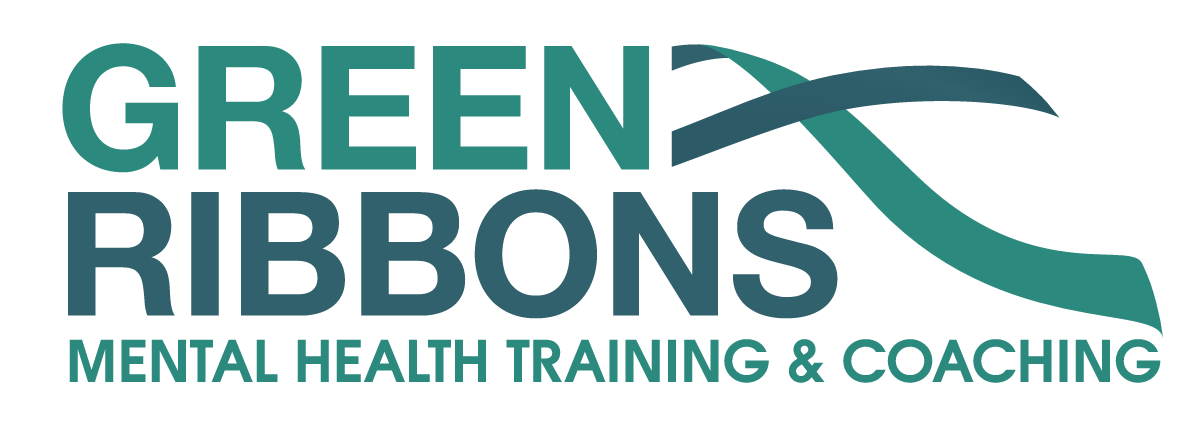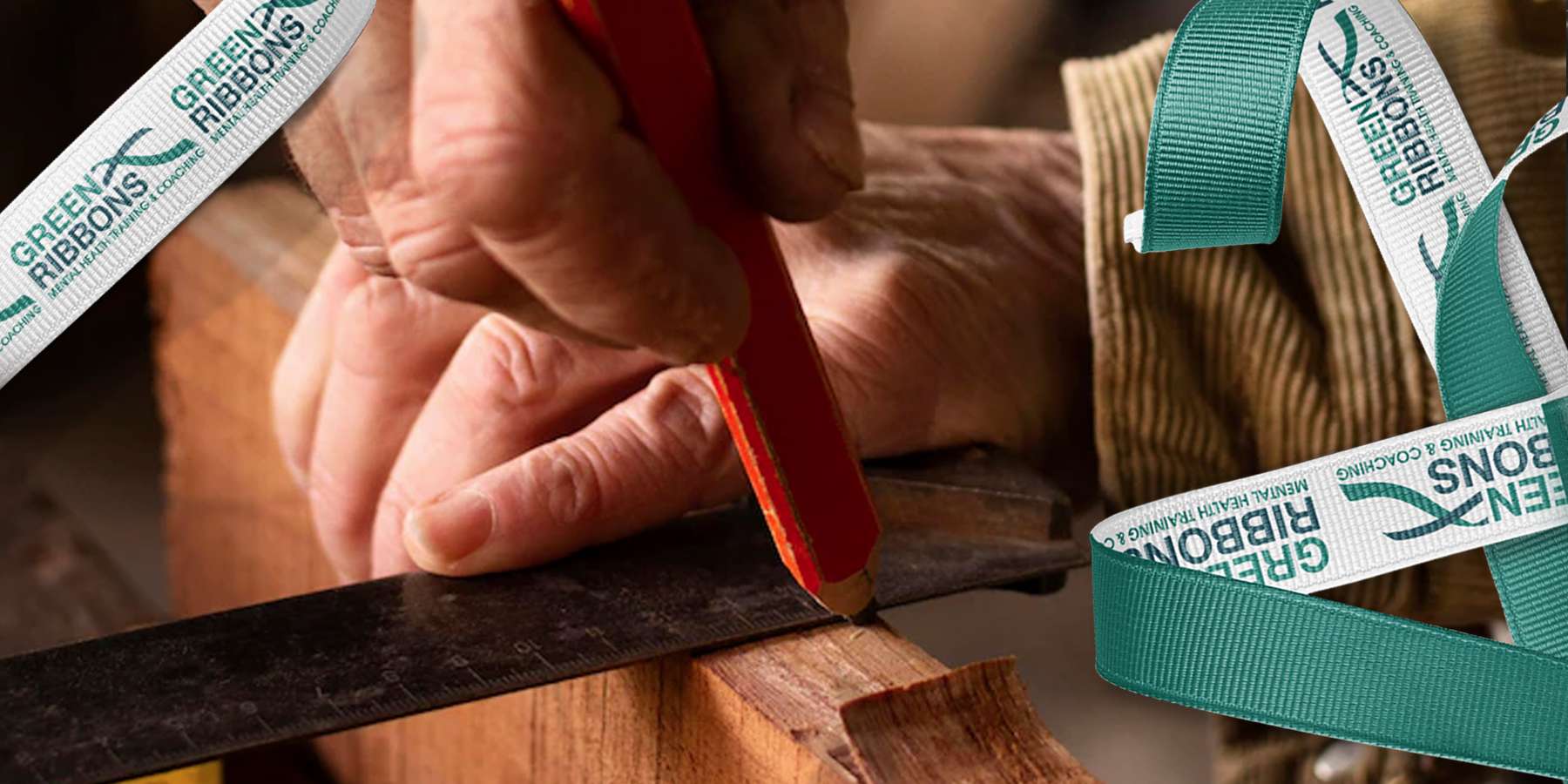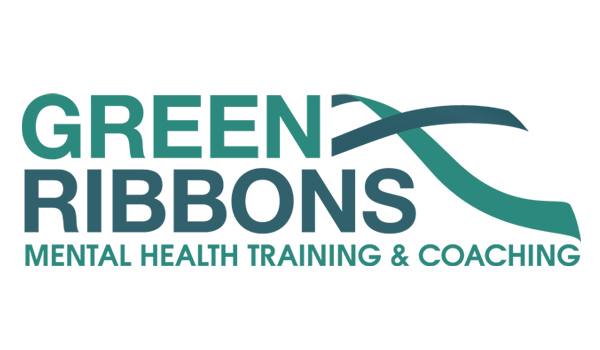Introduction
Mental health, is a tricky beast. It’s invisible, elusive and it does not discriminate. It affects us all, regardless of our age, gender or where we call home. Yet, there’s a demographic that’s often overlooked when we talk about mental health – older men. This demographic, so often seen as the pillars of strength in our society, are quietly struggling.
Stigma - The Invisible Barrier
To understand why mental health is such a hidden issue among older men, we need to peel back the layers of societal expectations and stereotypes. There’s an age-old stereotype of rugged Men, unyielding and unflappable, facing the harshest conditions without so much as a furrowed brow. But these expectations, these unwritten rules of masculinity, create an environment where men feel they can’t express their emotions or admit to struggling.
When we talk about stigma, it’s not always a grand gesture or overt discrimination. More often than not, it’s subtle. It’s in the awkward silence when someone brings up how they’re feeling. It’s in the changing of the subject when mental health is mentioned. It’s in the words unspoken, the feelings unexpressed. This stigma is a barrier to seeking help, creating an environment where suffering in silence becomes the norm.
A Lack of Awareness and Understanding
Another significant barrier is the lack of awareness and understanding around mental health in general. Mental health issues are not a sign of weakness. They are not a character flaw. They’re a part of our human experience. Yet, many older men, particularly those in more rural areas like Moray, might not have been exposed to this understanding.
With the silence surrounding the issue, it’s easy to feel isolated, as if you’re the only one struggling. Let me tell you, reader, you are not alone. In fact, it’s estimated that one in five older adults in Scotland experience a mental health problem.
Breaking the Silence
So, how do we break this silence? How do we make it okay for older men in Moray, and elsewhere, to talk about their mental health?
Firstly, we need to create safe spaces for conversations to happen. At Green Ribbons, we’re committed to fostering these spaces, where judgement is left at the door and empathy is the guest of honour. These spaces can take many forms, from community groups to online forums, or even just a quiet chat over a cup of tea.
It’s also important to note that we’re not asking anyone to become a mental health expert. Sometimes, the most powerful thing you can do is listen. Show that you’re there for them, that you’re willing to sit with them in their discomfort. Your presence, your willingness to listen, can be the lifeline that someone needs.
Secondly, we need to challenge the stigma surrounding mental health. This starts with education and raising awareness. Understanding is the antidote to stigma. By learning about mental health, we can start to see it for what it is – a part of our human experience, not something to be shamed or hidden away.
Finally, we need to ensure that help is available for those who need it. Access to mental health services can be a challenge in rural areas like Moray. At Green Ribbons, we’re working hard to bridge this gap. Our training courses, such as Scotland’s Mental Health First Aid, are designed to equip individuals with the knowledge and skills to support someone in a mental health crisis. We’re also tailoring our courses to specific sectors, making our approach more inclusive and effective.
Reaching Out to Older Men in Moray - Men's Sheds
Specifically targeting older men in Moray requires a nuanced approach. We need to respect their experiences and understand their barriers. We need to reach them in ways that they are comfortable with, using language they can relate to. We can’t expect them to come to us; we need to go to them. This might mean partnering with local organisations, clubs or societies that older men in Moray are already a part of.
We can also learn a lot from existing initiatives. For instance, Men’s Sheds, a community-based organisation that started in Australia, has been successful in reaching older men. These communal spaces provide an opportunity for men to work on practical projects in a social environment. They are places of productivity, creativity, and companionship, but importantly, they also provide a safe environment to open up about personal struggles without fear of judgment.
Men’s Sheds have sprouted up across Moray, providing a unique and innovative way to combat the silent struggle of mental health issues among older men. These Sheds have become a fundamental part of the communities, and the value they bring to the mental health landscape in this region cannot be understated.
In each Shed, men are encouraged to work on their own projects at their own pace. They can learn new skills or share their expertise with others. Whether it’s woodworking, gardening, car maintenance, or crafting, the joy of creating something with their own hands brings a sense of accomplishment and purpose that many older men often miss after retirement. The Sheds are more than just places for work—they are nurturing spaces where men can feel valued, useful, and needed.
But beyond the sharing of skills and the joy of craft, the beauty of Men’s Sheds lies in the opportunity they offer for genuine human connection. In a world that often isolates older generations, these Sheds have become community hubs where men can gather to chat, laugh, and share stories. They are places where friendships are forged and bonds are strengthened. They are environments where men can be men, without the pressure of societal expectations or the stigma that can often surround mental health.
It’s in these moments of connection and camaraderie that the barriers surrounding mental health begin to break down. Conversations start to flow more freely, often organically transitioning from discussions about daily life and shared interests to more personal and intimate topics. These shared moments of vulnerability, though they may seem small, are significant steps towards breaking the silence around mental health among older men.
In the safe space that Men’s Sheds provide, men can open up about their feelings and experiences without fear of judgement or misunderstanding. They can discuss their fears, their struggles, their hopes, and their triumphs. In a world that often expects men to be stoic and unemotional, these Sheds offer a space where men can express their feelings openly and honestly. And in doing so, they can start to realise that they are not alone—that there are others who share their experiences and understand their struggles.
Let’s Start the Conversation
It’s important to remember that mental health is not a battle to be fought alone. It’s a collective responsibility. We all have a part to play in breaking the silence and starting the conversation.
This post is a call to action. A plea to everyone reading this – let’s start talking about mental health. Let’s make it a topic that’s as commonplace as discussing the weather, the football scores or the latest happenings in the community. Let’s encourage older men in Moray, and everywhere else, that it’s okay to talk about how they’re feeling.
In this endeavour, your role is crucial. You could be the friend who checks in on their mate. The neighbour who notices when something is off. The family member who doesn’t shy away from the tough conversations. You have the power to make a difference, to break the silence, and to help older men feel seen, heard and supported.
The path to better mental health for older men is not an easy one. There will be challenges to overcome and hurdles to jump. But by working together, by listening, understanding, and showing compassion, we can make a difference. We can break the silence on mental health, one conversation at a time.
As we continue to champion mental health awareness at Green Ribbons, we invite you to join us in this endeavour. Together, we can break the silence on mental health and foster a society where everyone feels comfortable discussing their mental wellbeing. Because mental health is not a personal problem; it’s a human one. And it’s high time we treated it as such.
Links
- Age UK (2023). Men in Sheds. https://www.ageuk.org.uk/our-impact/programmes/men-in-sheds/
- Men’s Sheds Association UK. https://menssheds.org.uk/
- Lossiemouth Men’s Shed. https://m.facebook.com/people/Lossiemouth-Mens-Shed/100088982297534/
- Scottish Association for Mental Health (SAMH). https://www.samh.org.uk/
- Mental Health Foundation. Men and Mental Health. https://www.mentalhealth.org.uk/a-to-z/m/men-and-mental-health
- Moray Wellbeing Hub (2023). http://moraywellbeinghub.org.uk/
- NHS Inform Scotland. Mental Health. https://www.nhsinform.scot/illnesses-and-conditions/mental-health
- Mind. How to Cope with Loneliness. https://www.mind.org.uk/information-support/tips-for-everyday-living/loneliness/#.XJJFt1z7TIV
- Time to Change. It’s Time to Change – Let’s End Mental Health Discrimination. https://www.time-to-change.org.uk/
- Mental Health Foundation. Mental Health Awareness Week. https://www.mentalhealth.org.uk/campaigns/mental-health-awareness-week











